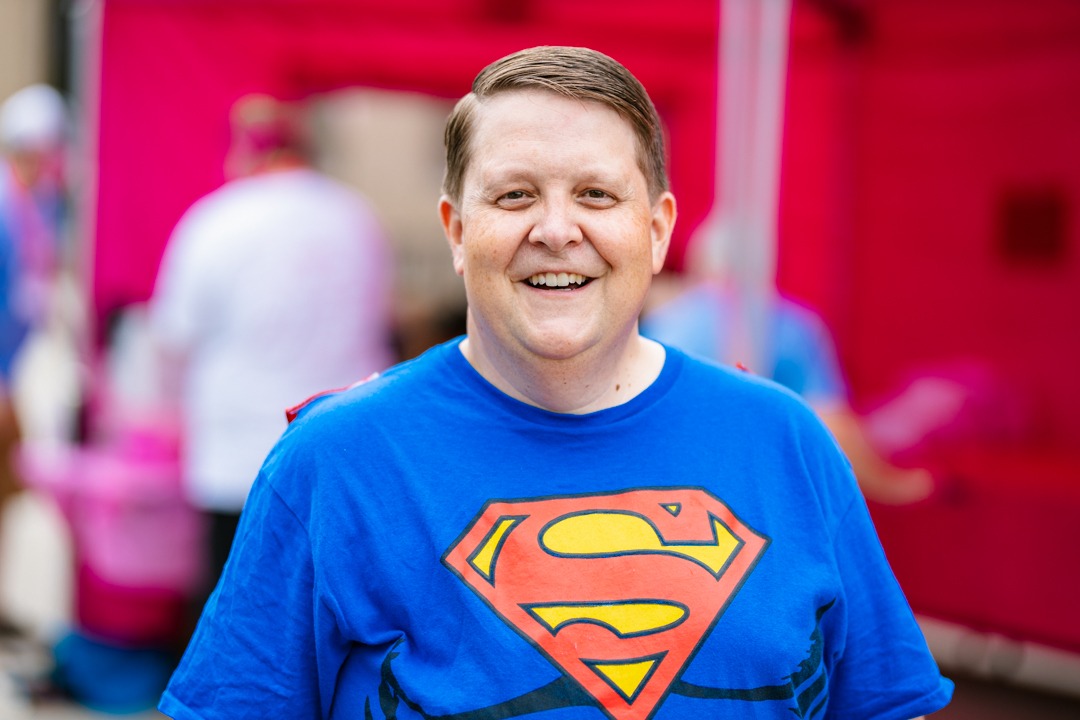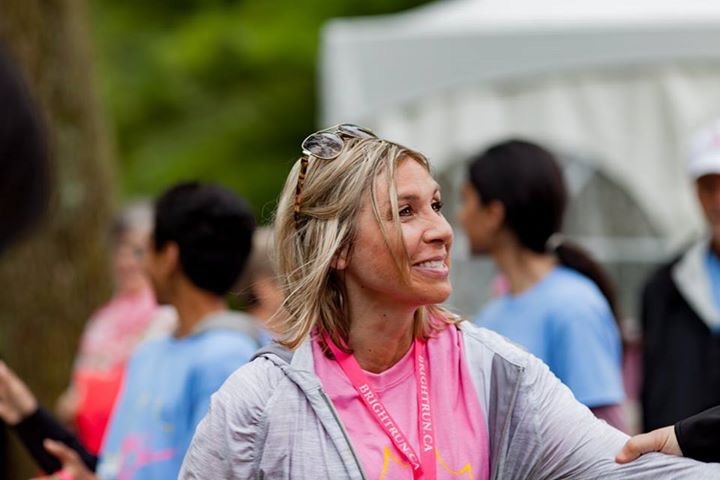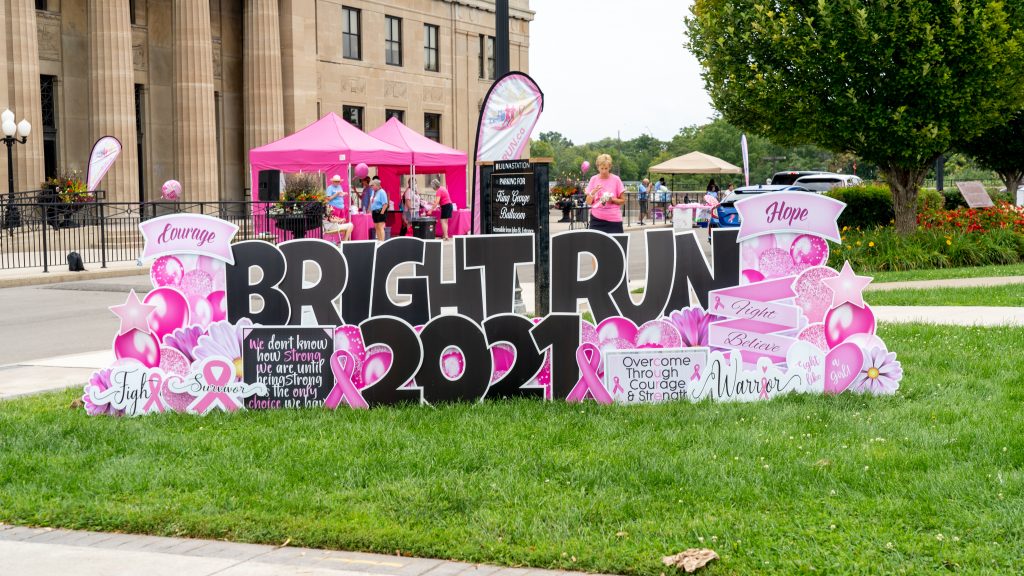
BRIGHT Run announces inaugural Breast Cancer Learning Health System Chair
This year’s BRIGHT Run takes place this Saturday, September 11, with a fun-filled virtual event in support of local breast cancer research. But celebrations started earlier this week, with Wednesday’s announcement that Dr. Ashirbani Saha has been selected as the first-ever BRIGHT Run Breast Cancer Learning Health System Chair.
Saha, an engineer, is an expert in using advanced analytics including machine learning and artificial intelligence to develop applications for healthcare data.

Dr. Ashirbani Saha is the inaugural BRIGHT Run Breast Cancer Learning Health System Chair
“We are fortunate to have a data scientist of Dr. Saha’s calibre join our team,” said Dr. Jonathon Sussman, a Hamilton Health Sciences (HHS) radiation oncologist, as well as a professor and chair of the department of oncology at McMaster University’s Michael G. DeGroote School of Medicine. Sussman was among the speakers at Wednesday’s virtual event announcing Saha’s appointment.
“The recruitment of an engineer to a clinical department is unique and innovative, and has the potential for advancing our research agenda by adding advanced analytic techniques including machine learning and artificial intelligence to an already incredibly strong team of researchers,” Sussman said.
BRIGHT Run contributed $2 million to permanently fund the new endowed research chair, while McMaster University contributed another $2 million.
Creating a BRIGHT legacy
2021 will be the fourteenth year for BRIGHT Run, a walk/run event held annually at the Dundas Valley Conservation Area and attended by over 1,000 participants including breast cancer patients and survivors treated at HHS’ Juravinski Cancer Centre (JCC), their families and friends, and healthcare professionals. For the past two years, due to the pandemic, the event has taken place virtually with great success.
More than $4.5 million has been raised since the first BRIGHT Run in 2008. All the funds raised by participants are used to support local breast cancer research. Over the years, BRIGHT Run dollars have funded 16 research projects conducted by the JCC and the university. The Chair position is BRIGHT Run’s seventeenth investment, and its largest.
“For us, this is a very important legacy,” said Nancy McMillan, chair of BRIGHT Run’s executive committee and a breast cancer survivor who was treated at the JCC. “It speaks to the heart of what the BRIGHT Run is all about.”
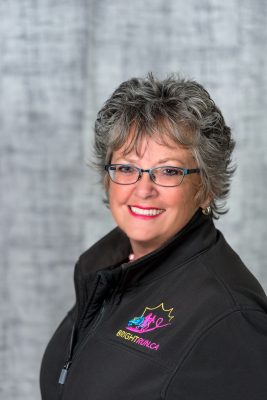
Nancy McMillan is chair of BRIGHT Run’s executive committee and a breast cancer survivor who was treated at the JCC.
For several years, the BRIGHT Run had been looking for a way to fund something permanent that would live on as a testament to the hard work of the event’s participants, volunteers and community partners.
“This year we decided to create a legacy,” said McMillan. “This money was raised by our participants – many of them breast cancer patients and survivors – through sheer hard work and determination. The money was raised five and ten dollars at a time through bake sales, trivia nights, raffles, contests, garage sales and all kinds of other grassroots fundraising events.”
Long-lasting impact
“The establishment of the BRIGHT Run Chair is bold,” said Dr. Mark Levine, a retired HHS oncologist who is a professor of oncology at McMaster University, a world-renowned breast cancer researcher and a founder and organizer of the BRIGHT Run.
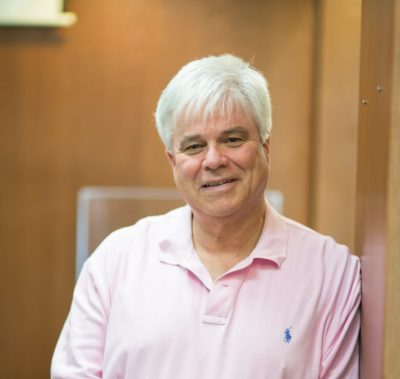
Dr. Mark Levine was instrumental in the creation of the Chair’s position.
“It’s outside-of-the-box thinking. It’s visionary. Dr. Saha is going to bring us new ideas and help our existing research team reach new goals and successes.”
Intriguing opportunity
Saha said she decided to apply for the position because she was intrigued by the opportunity.
“The phrases `breast cancer’ and `artificial intelligence’ are related to two different academic disciplines – medicine and engineering – which might seem disconnected,” said Saha.
“However in the course of history, medicine and engineering joined hands to drive innovations in healthcare. Examples of such technology include MRI (magnetic resonance imaging) and radiation treatment planning systems.”
Saha said she was excited to be working with like-minded scientists, researchers and technical support members at the JCC, the Escarpment Cancer Research Institute, the Ontario Clinical Trials Group and CentRE for dAta science and digiTal hEalth (CREATE) at HHS.
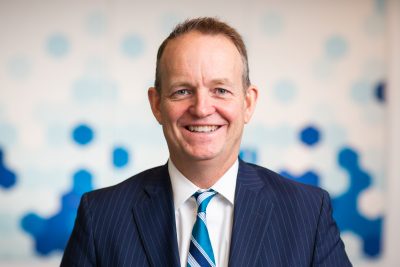
Dr. Ted Scott, vice president of research and chief innovation officer at HHS
“We know that her leadership and expertise in the area of machine learning will help our team improve care for those with breast cancer,” said Dr. Ted Scott, vice president of research and chief innovation officer at HHS.
“At HHS, we’re focused on transforming the care for our patients both now and in the future. Because of this work, I can imagine a day when we can provide more accurate breast cancer diagnoses faster, earlier and less invasively.”
BRIGHT Run is a non-profit event run entirely by volunteers. All funds raised by participants support local breast cancer research. To donate please visit brightrun.ca

